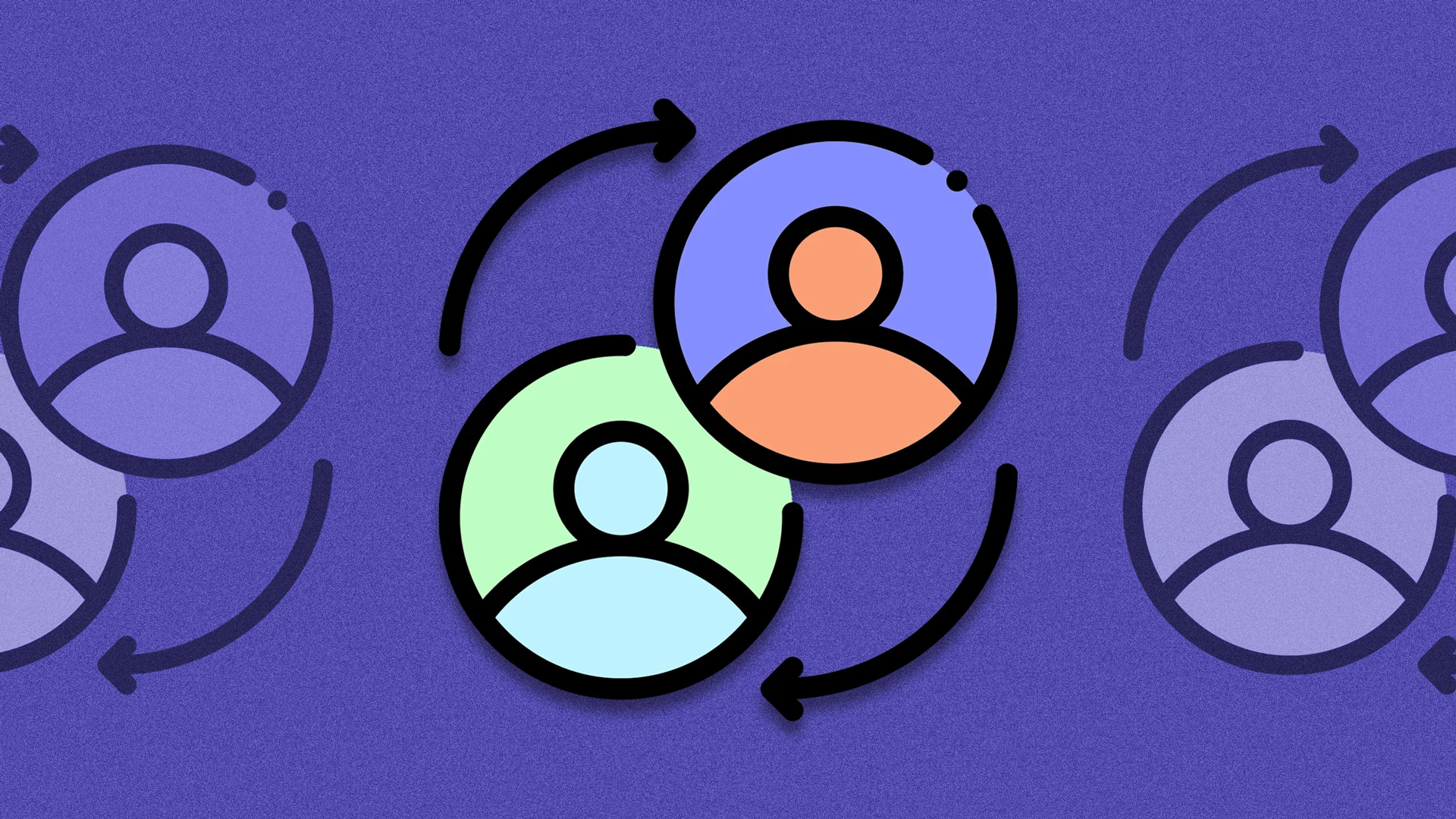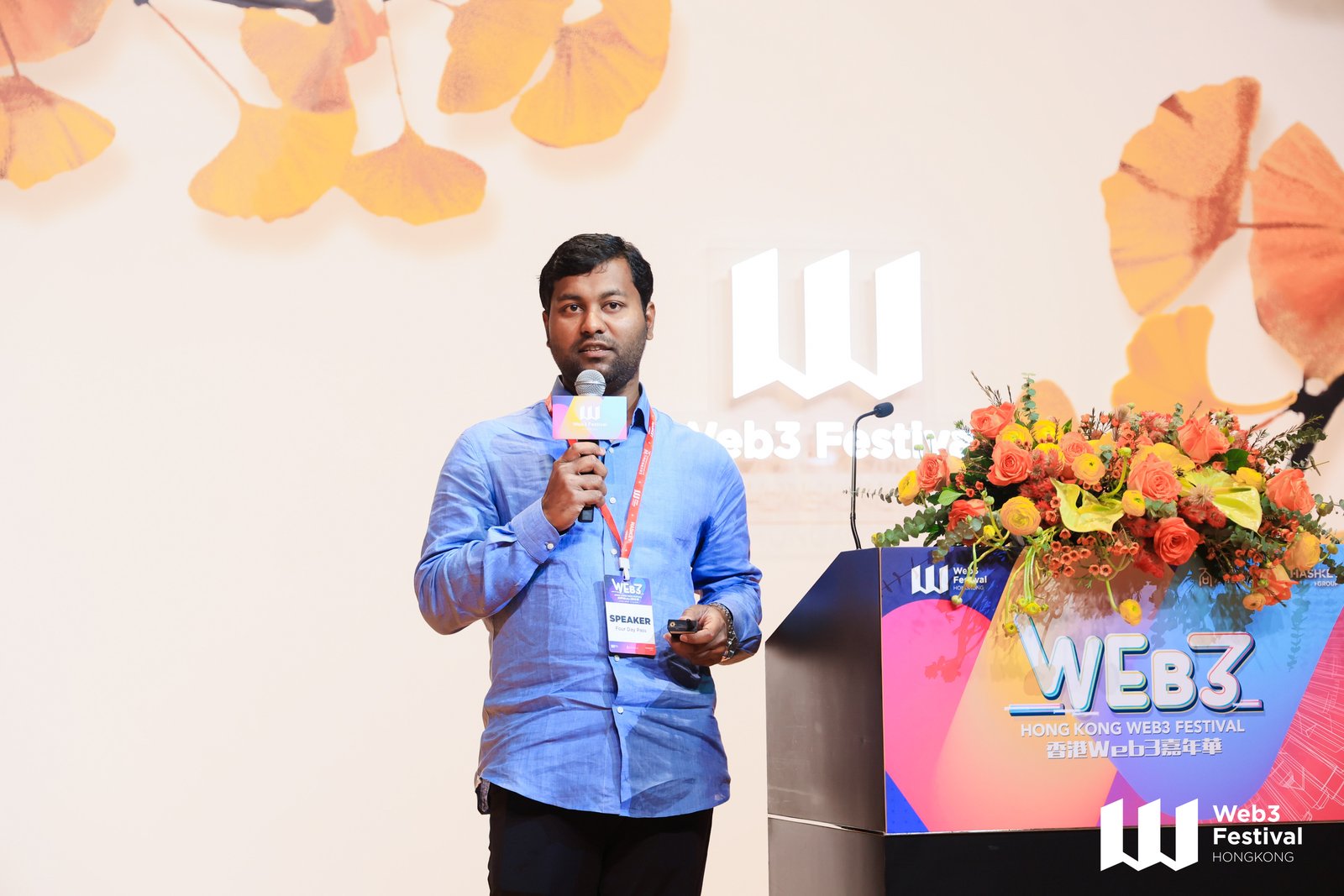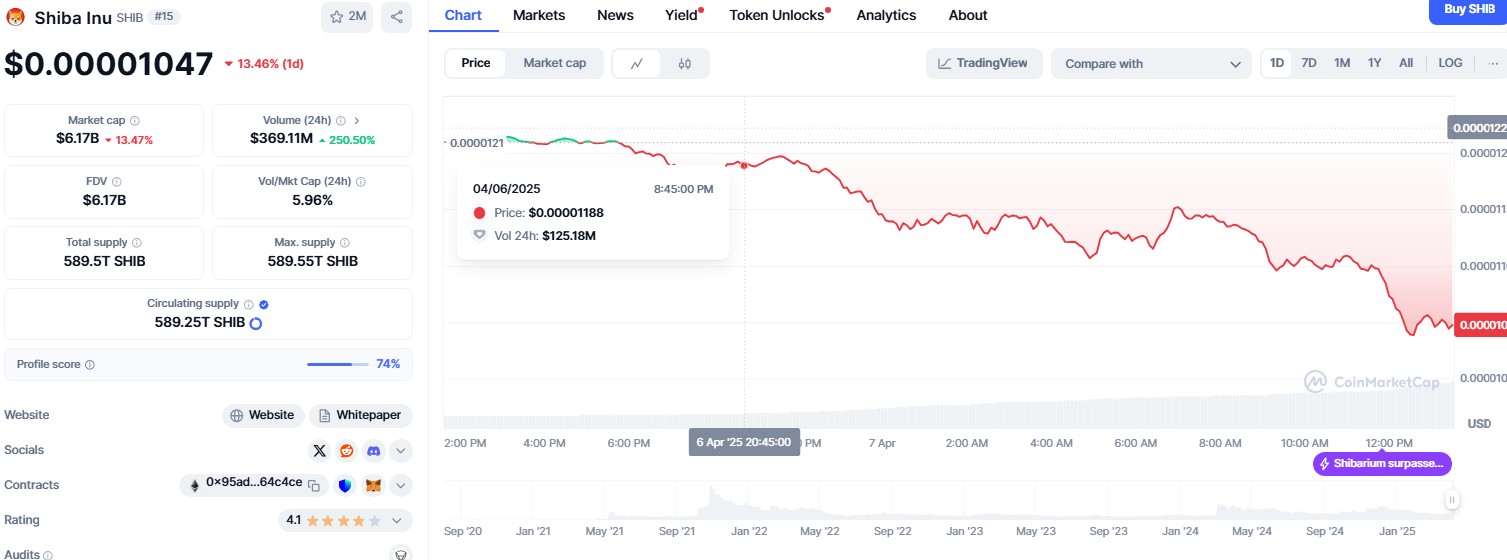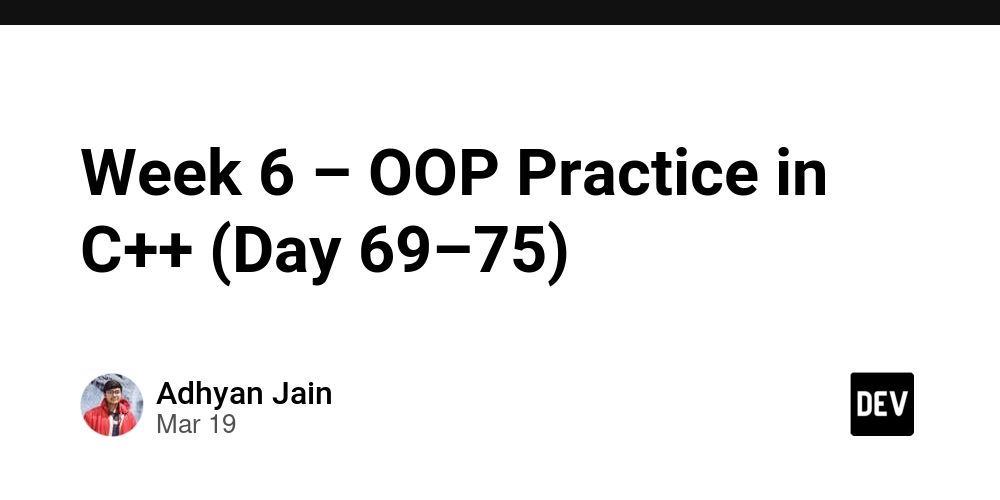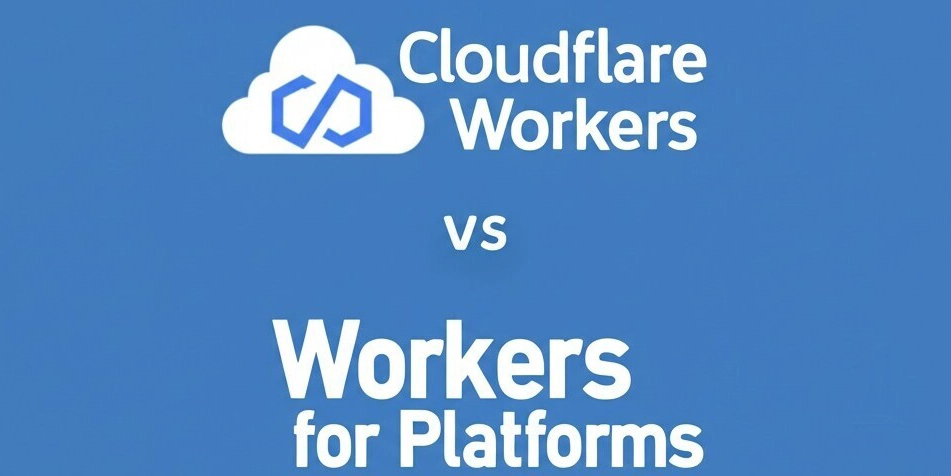Why Ruby on Rails is the Best First Framework for New Developers
Credited to: Rodrigo Souza Introduction Selecting your first programming language to study is a big choice for all new developers. The menu is huge, and feeling lost is very common. If your objective is to work on web application development, we have a great suggestion for you. Ruby on Rails! It's the best option if you want to build your applications quickly while you learn lots of good programming fundamentals. Ruby on Rails is a framework built upon Ruby programming language focused on web application development. It is very easy to learn, readable, and productivity-oriented. Rails provides a well-documented path and the structure that can help you to work on your projects or get your first job as a web applications developer. In this article, we will see why development beginners should begin with Ruby on Rails. You will learn how Rails makes programming easy, allows you to build full-stack apps, and gives you job and freelance prospects. So, let's begin! 1. Beginner-Friendly Language & Framework Readable and Expressive Syntax Languages like Java or C++ have a complex syntax. This is one of the biggest challenges for beginners, and that's why Ruby shines. Ruby was specially designed to be human readable. In other words, Ruby syntax is very similar to the English language. For example, this is how you run through each item of a list: users.each do |user| puts user.name end This simplicity makes it easier for new developers to focus on problem-solving rather than struggling with syntax. Less Boilerplate Code Avoiding the usual setup boilerplate, Rails provides built-in features that reduce repetitive configuration tasks. You don't need to write lot's of configuration files or manage dependencies manually. Rails takes care of most of it for you, allowing you to start coding you application. 2. Fast Learning Curve & High Productivity Convention Over Configuration (CoC) Following the "Convention Over Configuration" principle, Rails makes some default assumptions that help beginners to reduce the setup time for some tasks. For example, Rails "automagically" expects a user's table if the application have a Model called User. Pretty cool, no? Don’t Repeat Yourself (DRY) That is one of the best principles Ruby on Rails encourages. It helps us to write reusable and cleaner code. Rails itself implements it, providing us helper methods, partials and modules that can allow you to efficiently organise your code. It's usable in any language, and you'll learn it using Ruby on Rails. Scaffolding & Generators When you're learning, getting quick feedback keeps motivation high. Rails makes this possible with scaffolding and generators, which allow you to create entire database-backed applications with a single command: rails generate scaffold Post title:string body:text This command generates everything needed for a fully functional CRUD (Create, Read, Update, Delete) interface, giving beginners an instant hands-on experience with web development. 3. Full-Stack Web Development in One Framework Covers Backend & Frontend Rails is a full-stack framework, meaning you can build an entire web application using just Rails. You’ll learn how to: Handle client requests and routing Store and retrieve data from a database Render an HTML page using (or not) Javascript Active Record (ORM) – Simplified Database Management In order to make database interactions simple, Rails brings an Object-Relational Mapping (ORM) tool. It's called Active Record. It's a huge library (Gem) that can write complex SQL queries for you while you just code something like this: User.find(1) The SQL version will be as follows: SELECT * FROM users WHERE id = 1; This makes it easier to understand and work with databases. Built-in Testing Tools In a very competitive world, where all the tasks should be delivered faster, build automatic tests accurately is a crucial step to have a reliable application. Rails includes built-in support for unit testing and system testing, helping you to adopt the best practices early on. 4. Strong & Supportive Community Well-Established Ecosystem One of the most incredible things about Ruby on Rails is the ecosystem. Ruby on Rails has been around since 2004 and has a mature ecosystem with thousands of gems (plugins) available. The options range from authentication to an entire DSL for API integrations. Of course, it saves time and effort. Helpful Community & Mentorship New developers are welcome in the Rails community. There are tons of free tutorials, guides, and discussion forums where you can ask for help and get support. Lots of experienced developers actively mentor newcomers, making it easier to learn. Contributing to Open Source In the Ruby on Rails community, we have many open-source projects that

Credited to: Rodrigo Souza
Introduction
Selecting your first programming language to study is a big choice for all new developers. The menu is huge, and feeling lost is very common. If your objective is to work on web application development, we have a great suggestion for you. Ruby on Rails! It's the best option if you want to build your applications quickly while you learn lots of good programming fundamentals.
Ruby on Rails is a framework built upon Ruby programming language focused on web application development. It is very easy to learn, readable, and productivity-oriented. Rails provides a well-documented path and the structure that can help you to work on your projects or get your first job as a web applications developer.
In this article, we will see why development beginners should begin with Ruby on Rails. You will learn how Rails makes programming easy, allows you to build full-stack apps, and gives you job and freelance prospects. So, let's begin!
1. Beginner-Friendly Language & Framework
Readable and Expressive Syntax
Languages like Java or C++ have a complex syntax. This is one of the biggest challenges for beginners, and that's why Ruby shines. Ruby was specially designed to be human readable. In other words, Ruby syntax is very similar to the English language. For example, this is how you run through each item of a list:
users.each do |user|
puts user.name
end
This simplicity makes it easier for new developers to focus on problem-solving rather than struggling with syntax.
Less Boilerplate Code
Avoiding the usual setup boilerplate, Rails provides built-in features that reduce repetitive configuration tasks. You don't need to write lot's of configuration files or manage dependencies manually. Rails takes care of most of it for you, allowing you to start coding you application.
2. Fast Learning Curve & High Productivity
Convention Over Configuration (CoC)
Following the "Convention Over Configuration" principle, Rails makes some default assumptions that help beginners to reduce the setup time for some tasks. For example, Rails "automagically" expects a user's table if the application have a Model called User. Pretty cool, no?
Don’t Repeat Yourself (DRY)
That is one of the best principles Ruby on Rails encourages. It helps us to write reusable and cleaner code. Rails itself implements it, providing us helper methods, partials and modules that can allow you to efficiently organise your code. It's usable in any language, and you'll learn it using Ruby on Rails.
Scaffolding & Generators
When you're learning, getting quick feedback keeps motivation high. Rails makes this possible with scaffolding and generators, which allow you to create entire database-backed applications with a single command:
rails generate scaffold Post title:string body:text
This command generates everything needed for a fully functional CRUD (Create, Read, Update, Delete) interface, giving beginners an instant hands-on experience with web development.
3. Full-Stack Web Development in One Framework
Covers Backend & Frontend
Rails is a full-stack framework, meaning you can build an entire web application using just Rails. You’ll learn how to:
- Handle client requests and routing
- Store and retrieve data from a database
- Render an HTML page using (or not) Javascript
Active Record (ORM) – Simplified Database Management
In order to make database interactions simple, Rails brings an Object-Relational Mapping (ORM) tool. It's called Active Record. It's a huge library (Gem) that can write complex SQL queries for you while you just code something like this:
User.find(1)
The SQL version will be as follows:
SELECT * FROM users WHERE id = 1;
This makes it easier to understand and work with databases.
Built-in Testing Tools
In a very competitive world, where all the tasks should be delivered faster, build automatic tests accurately is a crucial step to have a reliable application. Rails includes built-in support for unit testing and system testing, helping you to adopt the best practices early on.
4. Strong & Supportive Community
Well-Established Ecosystem
One of the most incredible things about Ruby on Rails is the ecosystem. Ruby on Rails has been around since 2004 and has a mature ecosystem with thousands of gems (plugins) available. The options range from authentication to an entire DSL for API integrations. Of course, it saves time and effort.
Helpful Community & Mentorship
New developers are welcome in the Rails community. There are tons of free tutorials, guides, and discussion forums where you can ask for help and get support. Lots of experienced developers actively mentor newcomers, making it easier to learn.
Contributing to Open Source
In the Ruby on Rails community, we have many open-source projects that allow the new developer to contribute to real-world applications, learn from others, and gain experience that will help with job opportunities.
5. Great for Building Real-World Projects
Popular for Startups
Several successful startups, including GitHub, Shopify, Airbnb, and Basecamp, built their products on Rails. If you wish to create your own startup or side projects, Rails is a perfect tool because it helps you build and deploy applications instantly.
Fast Prototyping
Rails allows you to go from idea to working prototype in days, not weeks or months. It is perfect for new developers who want to quickly experiment with their ideas without having to spend much time on installing their environment.
Used by Big Companies
Even with newer frameworks coming out every day, Ruby on Rails is still utilized by numerous big companies. Learning Ruby on Rails framework gears you up for actual development, making it more likely for you to be hired.
6. Job Opportunities & Freelancing Potential
High Demand in Web Development
Even though new technologies emerge all the time, Rails is still widely used in web development, especially among startups. Many companies look for junior Rails developers, making it a great first step toward employment.
Freelancing & Side Projects
Rails is an excellent choice for freelancers because you can build entire applications on your own without needing a team. This allows you to offer custom web development services and work on personal projects without external dependencies.
Great Foundation for Learning Other Languages
Rails teaches core programming concepts like:
- MVC (Model-View-Controller) – Used in many frameworks (Django, Laravel, ASP.NET).
- RESTful APIs – A standard in web development.
- Object-Oriented Programming (OOP) is a foundation for many modern languages.
- Once you master Rails, transitioning to languages like Python, JavaScript, or Elixir will be much easier.
Conclusion
As you can see, Ruby on Rails is one of the best choices for new developers because it aligns a friendly learning experience and a supportive community with a super productive development process. Avoiding the complexities of web development, you will learn many important programming concepts that you will bring to you benefits idependent of the language you choose next.









































































































































































![[The AI Show Episode 142]: ChatGPT’s New Image Generator, Studio Ghibli Craze and Backlash, Gemini 2.5, OpenAI Academy, 4o Updates, Vibe Marketing & xAI Acquires X](https://www.marketingaiinstitute.com/hubfs/ep%20142%20cover.png)

















































































































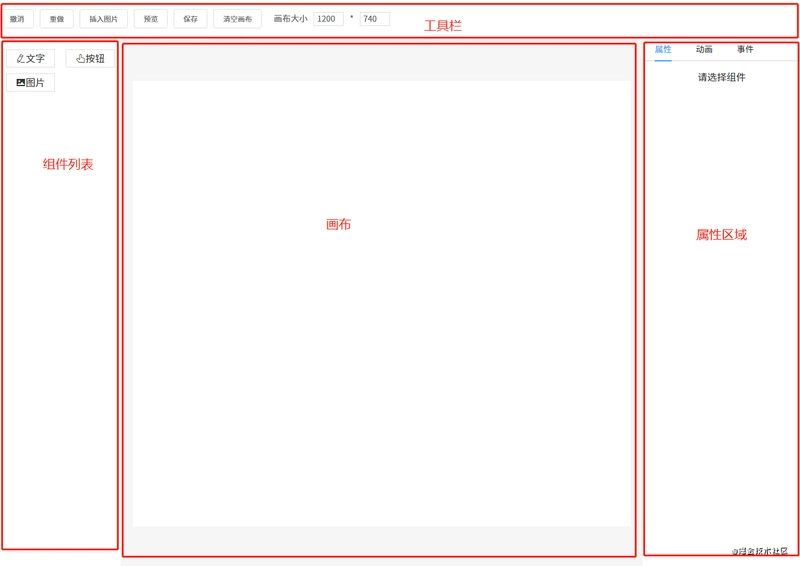
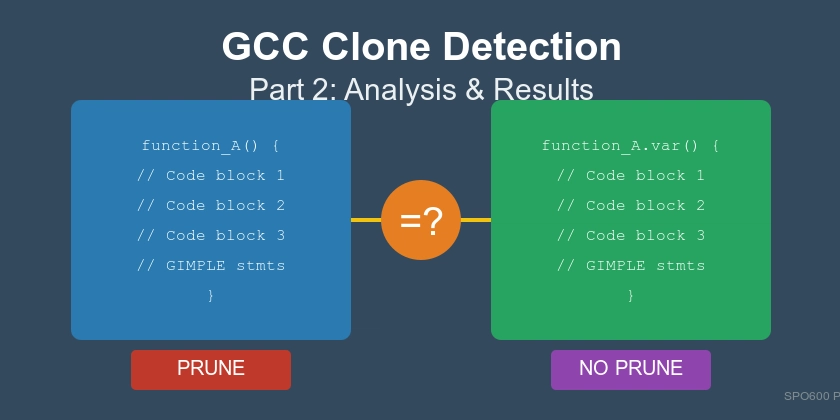











![[DEALS] The Premium Learn to Code Certification Bundle (97% off) & Other Deals Up To 98% Off – Offers End Soon!](https://www.javacodegeeks.com/wp-content/uploads/2012/12/jcg-logo.jpg)
![From drop-out to software architect with Jason Lengstorf [Podcast #167]](https://cdn.hashnode.com/res/hashnode/image/upload/v1743796461357/f3d19cd7-e6f5-4d7c-8bfc-eb974bc8da68.png?#)



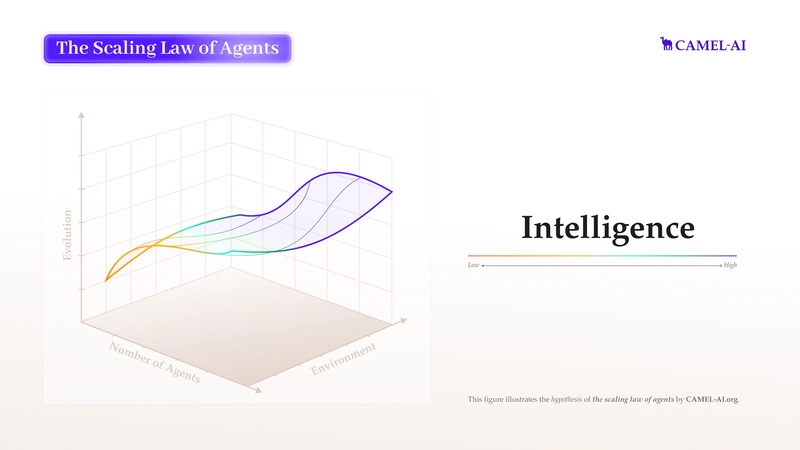




































































































.png?#)





(1).jpg?width=1920&height=1920&fit=bounds&quality=80&format=jpg&auto=webp#)





























_Christophe_Coat_Alamy.jpg?#)
.webp?#)
.webp?#)













































































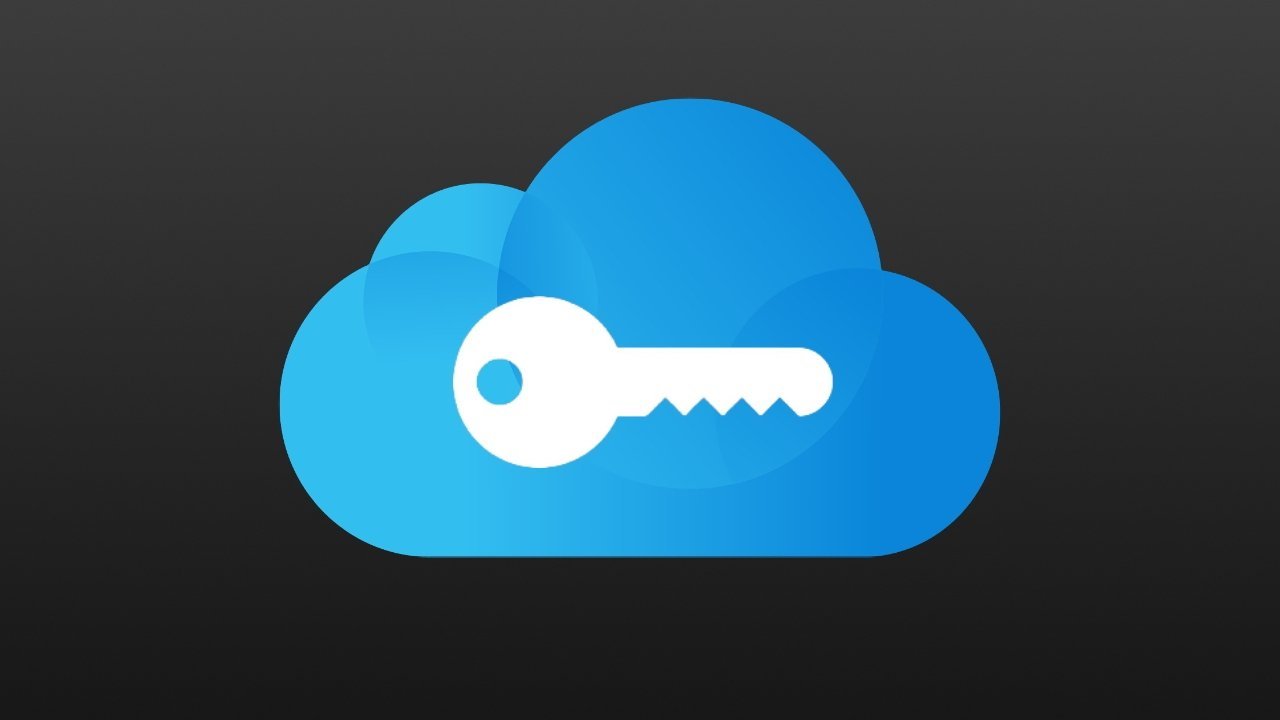





























![Apple Considers Delaying Smart Home Hub Until 2026 [Gurman]](https://www.iclarified.com/images/news/96946/96946/96946-640.jpg)
![iPhone 17 Pro Won't Feature Two-Toned Back [Gurman]](https://www.iclarified.com/images/news/96944/96944/96944-640.jpg)
![Tariffs Threaten Apple's $999 iPhone Price Point in the U.S. [Gurman]](https://www.iclarified.com/images/news/96943/96943/96943-640.jpg)












































































